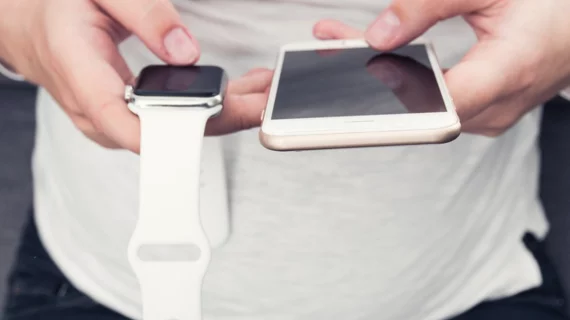Digital health startup receives FDA clearance for Parkinson’s Disease applications on Apple Watch
The U.S. Food and Drug Administration (FDA) has approved 501(k) marketing clearance for the prescription mobile app Parky for monitoring Parkinson’s Disease.
The app, from digital health startup h2o Therapeutics, monitors Parkinson’s Disease symptoms such as tremors and dyskinesia via use of the Apple Watch. The app can be used to share data between patients and medical professionals regarding the course of the disease.
Approximately 500,000 Americans are impacted by Parkinson’s Disease, though as many as 10 million people worldwide may also be affected by the neurodegenerative condition. It is the fastest-growing neurological disorder.
Parky leverages Apple’s Movement Disorder API tool, which was validated in a 343-patient study published in Science Translational Medicine last year.
"As a woman-founded, non VC-backed company based in Turkey, receiving our first 510(k) clearance is a huge milestone for us. We believe Parky will bring great value to the Parkinson's Disease community as an easily scalable and data-driven product," Yagmur Selin Gulmus, founder of h2o therapeutics, said in a statement.
Parky has two other digital therapeutic products in its pipeline based on wearable devices. The company plans to complete its submissions to the FDA in 2023. Its digital therapeutics are focused on mobile technologies, including AI and augmented reality (AR). H2O aims to make real-time human data a handy tool for disease management.

